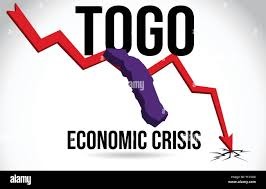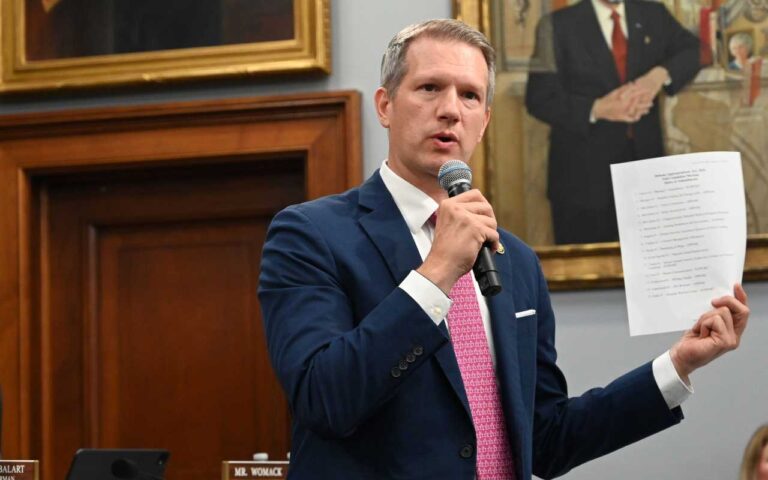
A Small West African Nation with Big Potential
Nestled along the Gulf of Guinea, Togo is a small nation rich in natural resources and cultural heritage. However, its economy faces significant challenges, primarily due to its reliance on agriculture and a history of political instability.
Key Economic Sectors
Agriculture: The backbone of the economy, employing a majority of the population. Cash crops like coffee, cocoa, and cotton are vital exports.
Phosphate Mining: A major contributor to the country’s revenue, though subject to global price fluctuations.
Trade: Togo benefits from its strategic location, serving as a transit point for goods between landlocked countries.
Services: The sector is growing, encompassing tourism, telecommunications, and financial services.
Economic Challenges
Poverty: A significant portion of the population lives below the poverty line.
Infrastructure: Limited infrastructure, particularly in rural areas, hinders economic development.
Debt: High levels of public debt pose a significant burden on the government.
Climate Change: Climate change threatens agricultural production and coastal communities.
The Togolese government has implemented various initiatives to address these challenges, including: Economic and Financial Reform Program (2018-2022): Aims to improve fiscal sustainability and foster private sector growth. National Development Plan (2018-2022): Focuses on infrastructure development, job creation, and poverty reduction.
Promotion of Regional Trade: Leveraging its strategic location to facilitate trade within the Economic Community of West African States (ECOWAS)
Despite the challenges, Togo possesses significant potential for economic growth. Continued investment in infrastructure, diversification of the economy, and sustainable development initiatives are crucial for realizing this potential.



